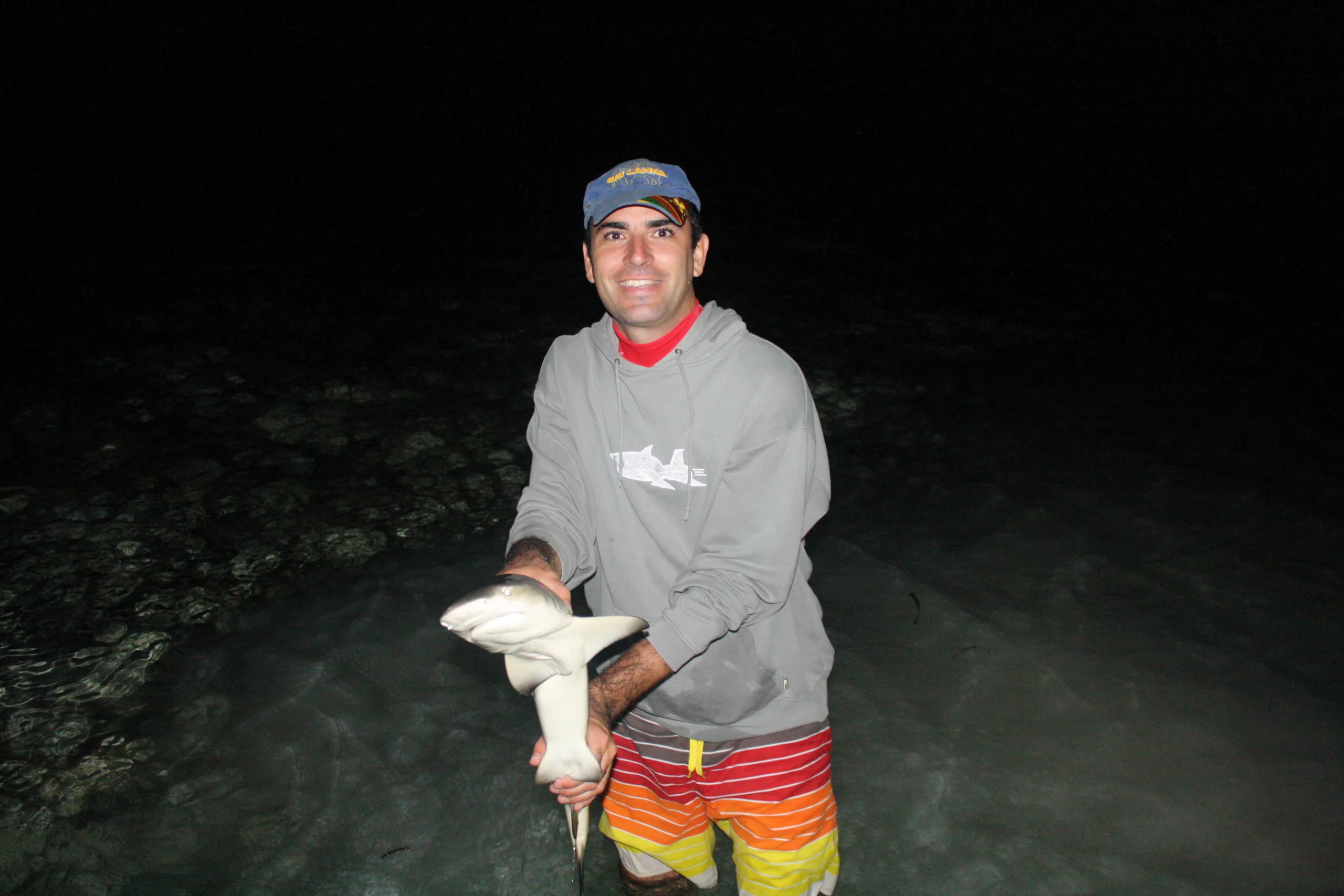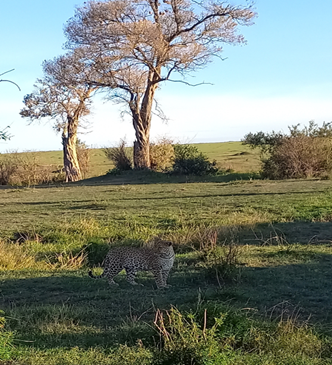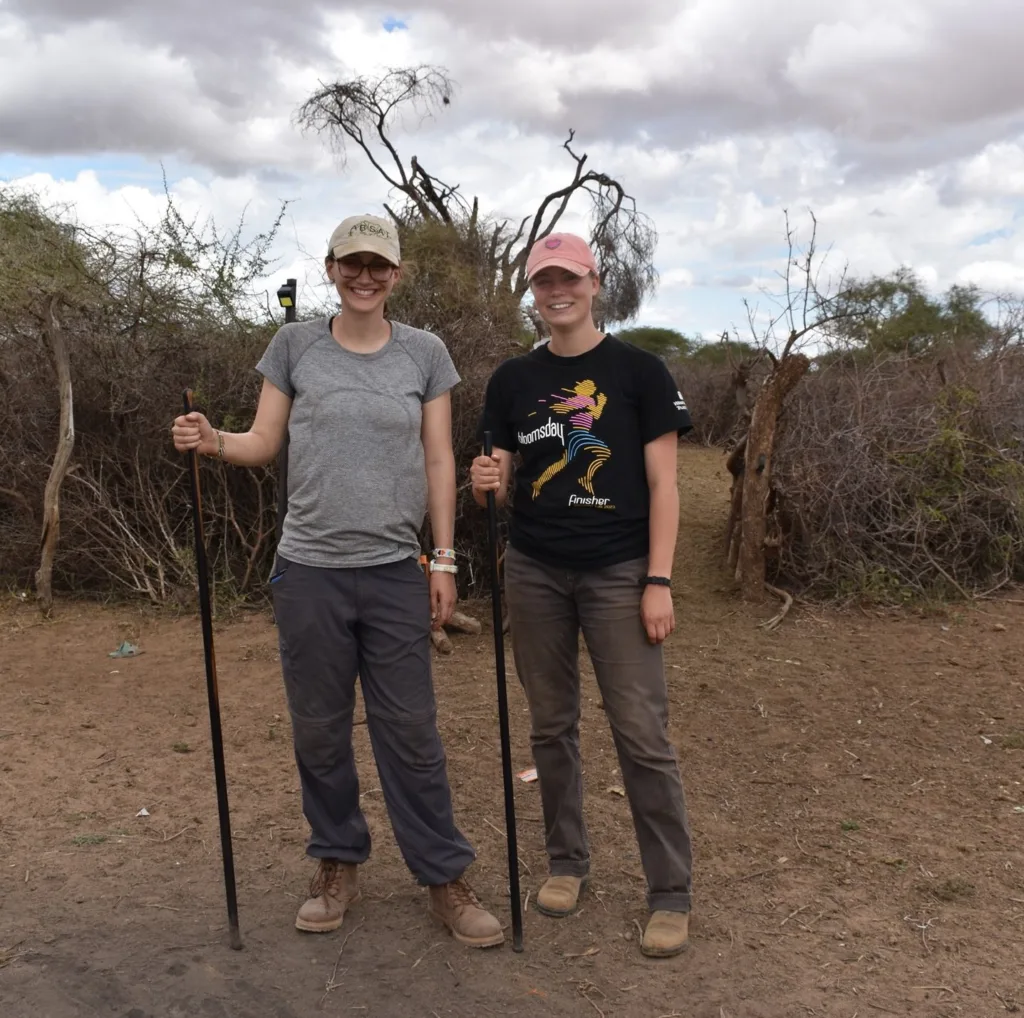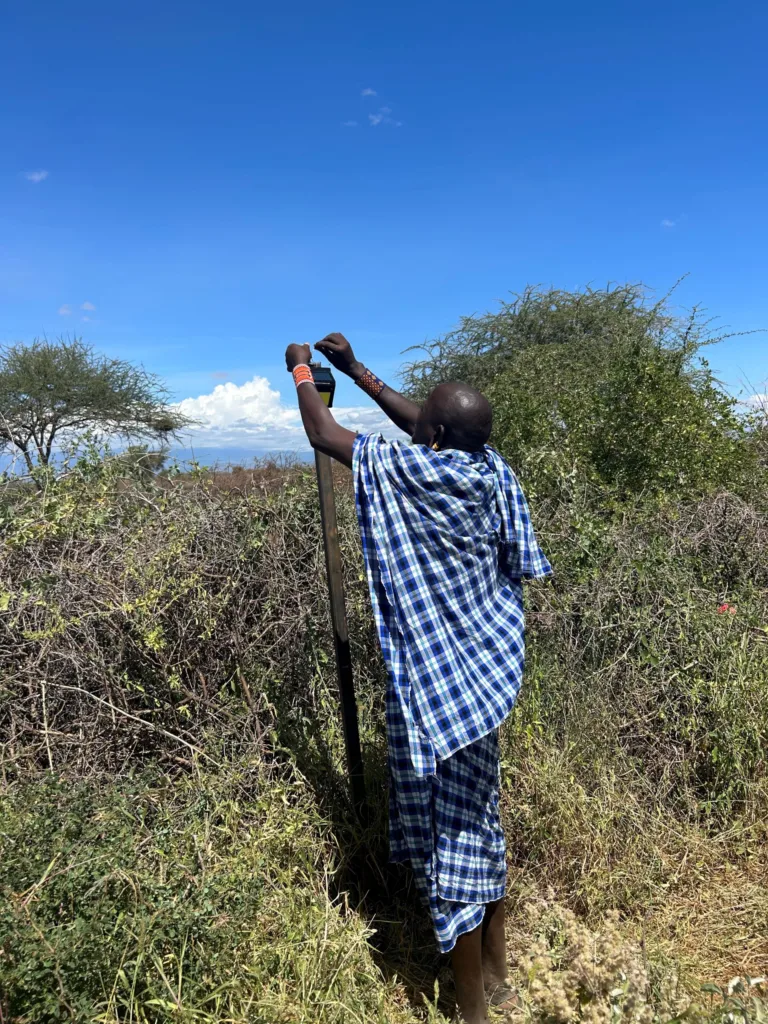Why Tag Sharks When You Can Study Social Science?
I’m just teasing! A week in to the new semester, and the students currently at The School for Field Studies (SFS) Center for Marine Resource Studies have already had the chance to tag sharks with our Marine Ecology professor Aaron Henderson, one of the world’s leading shark biologists. I don’t think any of our graduates leave without a ‘selfie’ of them and a shark and a story about how one of their highlights in the Turks and Caicos was being face-to-face with this most impressive of top predators.
As the faculty member for Environmental Policy and Socioeconomic Values, I know that I’m going to struggle to compete with some of the amazing experiences our students have in the water while they are here, but the start of each semester is still equally exciting for me. Every chance I get to teach new students who perhaps haven’t been exposed to a great deal of social science before is one I value, because I know that if I do my job right that there is a chance that one of the highlights of their semester will be the interview they did with a fisher who regaled them with the story of the first time he or she went to sea with their father and his fishing spear.
Interdisciplinarity is at the heart of the SFS experience and all of our students study both biological science and social science topics whilst they are studying abroad. We have a good reason for designing our programs in such a way. Very few modern environmental management issues are simply a case of studying the flora and fauna of an ecosystem and then hypothesizing and testing solutions to any problem that may be present until the correct one is found. We live in peopled landscapes and people sometimes have a nasty habit of creating wicked environmental problems that are almost impossible to solve. What do you say to a poor fisher struggling to feed his family when he can no longer fish because the stock he targets has been over-exploited by poachers from overseas? How do you let a young high school student in the Caribbean know that they might have to emigrate to find a job because the coral reefs that are their country’s main tourist attraction (and therefore source of employment) are being destroyed by the carbon emissions of those in North America, Europe and Asia?
We can’t simply just act to immediately stop the poaching and the emitting of carbon dioxide. There are many social, cultural, economic and political barriers that have to be broken down first, and that takes more time than we sometimes have. Quite often the barriers cannot be broken down at all, however hard we try, like when livelihoods are at stake and people cannot afford to compromise on an issue. What we do at SFS then, instead of teaching our students how to solve ultimately unsolvable environmental problems, is we equip them with the social science techniques required to mitigate the effect of such problems.
This semester I will be instructing my class on how to conduct a workshop in which the use of small group exercises can help stakeholders previously opposed on all issues to find compromise on at least some of those issues. I’ll also be showing them how the use of both focus groups and interviews with stakeholders can reveal information that perhaps allows new livelihood opportunities to be recognised, new livelihoods that don’t perhaps clash with those of others or the future sustainability of the local environment. For instance, that interview with a fisher which might just be the highlight of a student’s semester, that might be the interview which also reveals that whilst the fisher has enjoyed his or her career fishing, that if they just received a small loan then they would be able to pursue their desired career in ecotourism, guiding tourists to some of the Turks and Caicos’ remote and idyllic unpopulated islands. With the Turks and Caicos’ fisheries under pressure, we at SFS would then be encouraged to write a report to local policy makers that recommends they provide a seed fund for fishers to facilitate their transfer from fishing to activities such as ecotourism, an action which would ensure increased ecological and socioeconomic sustainability. The rich, complex, and ultimately environmentally friendly findings we get during our social science activities really are some of the highlights of studying abroad.
Oh… and here is a picture of me and a shark… don’t I look cool?!!!

Related Posts


Alumni Reflections: Stories of the Return to Kenya
